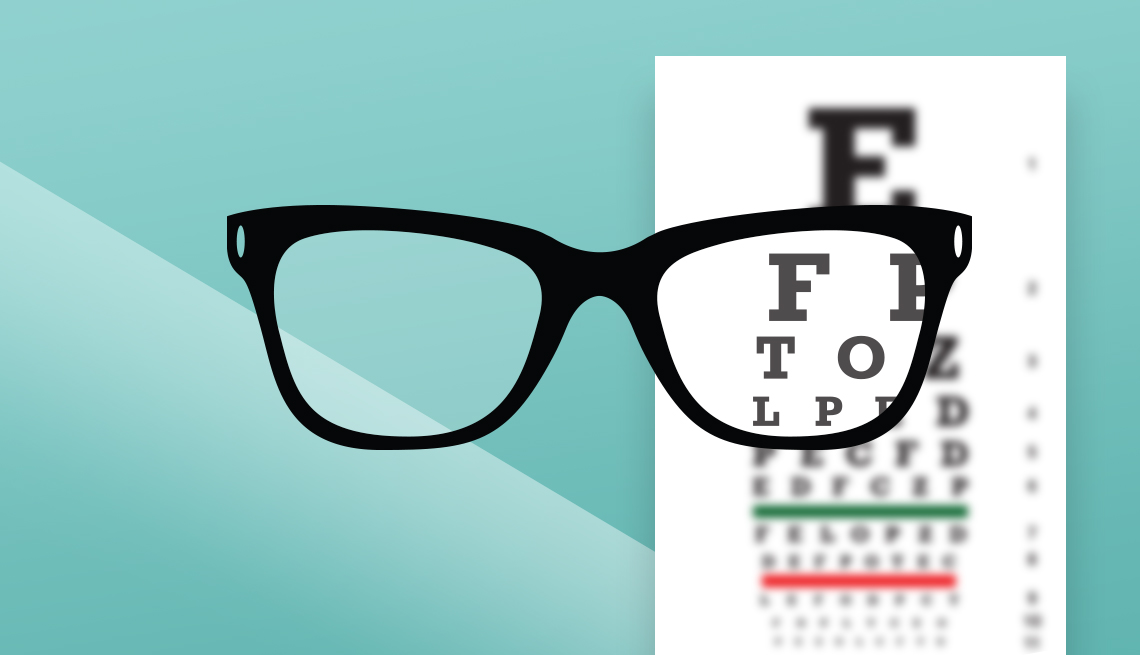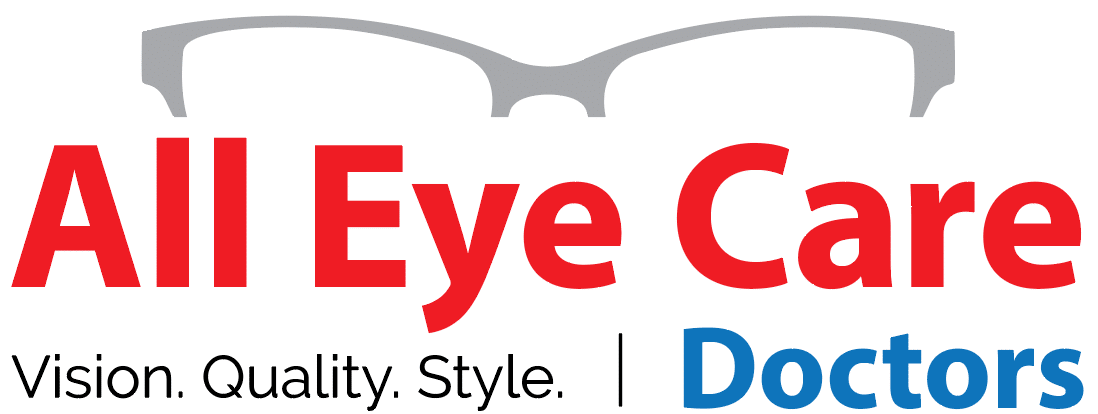Top Cardiologist in Andalusia: Specialist Heart Treatment at Your Local Center
Top Cardiologist in Andalusia: Specialist Heart Treatment at Your Local Center
Blog Article
Is Refractive Surgical Treatment Right for You? Aspects to Think About for Better Eyecare
In the realm of eye treatment, the decision to go through refractive surgical procedure is a weighty one that demands thoughtful consideration. From the ins and outs of one's ocular wellness to the ins and outs of daily practices and personal expectations, each aspect holds importance in the wider landscape of refractive surgical procedure candidacy.
Eye Wellness Examination
When taking into consideration refractive surgical treatment, a thorough eye wellness assessment is important to assess the viability of the treatment for each person. eye doctors in andalusia. This assessment involves a collection of assessments and examinations performed by an eye treatment expert to establish the total wellness of the eyes, the existence of any underlying problems, and the stability of the refractive error
Throughout the examination, numerous aspects are considered, such as the person's medical history, existing eye prescription, corneal thickness, student size, and tear film top quality. These analyses assist to identify any contraindications to refractive surgery, such as corneal irregularities, cataracts, or unattended eye infections. In addition, the assessment assists to manage individual assumptions relating to the potential end results of the surgical treatment based on their unique eye features.
Eventually, the eye health analysis is essential in making sure the security and efficiency of refractive surgical procedure, as it provides valuable understandings into the individual's eye health condition and aids identify the most ideal treatment alternatives for accomplishing optimum aesthetic results. (eye doctors in andalusia)
Way Of Living Evaluation
A detailed way of life analysis is essential in determining the suitability of refractive surgical treatment for a person's aesthetic adjustment requirements. Way of living variables such as line of work, leisure activities, and everyday activities play an important role in the decision-making process pertaining to refractive surgical procedure. As an example, people with occupations that involve a high level of physical task or direct exposure to ecological components might have different aesthetic demands compared to those with sedentary desk jobs. Comprehending how an individual's way of life might affect their vision post-surgery is vital for managing expectations and ensuring optimum outcomes.
Furthermore, way of life behaviors such as sports participation, outside tasks, and even skincare regimens can influence the healing procedure and overall success of refractive surgical procedure. People that involve in call sports may require to take added precautions to safeguard their eyes during the healing duration. Additionally, individuals with comprehensive sunlight direct exposure might call for added post-operative care to stop difficulties. By conducting an extensive way of life evaluation, eye treatment experts can customize their recommendations and treatment plans to meet the unique needs of each patient, ultimately resulting in enhanced visual results and fulfillment.
Expectation Placement

Patients require to comprehend that cardiologist andalusia while lots of people accomplish 20/20 vision or better complying with refractive surgery, some may still call for glasses for certain tasks like reading or driving at night. Managing these assumptions helps stop dissatisfaction and discontentment post-surgery, leading to an extra positive overall experience for the individual.
Risk Analysis

Variables that may increase the danger of complications include age, particular medical problems like autoimmune conditions, unsteady vision prescription, slim corneas, and unrealistic individual expectations. Furthermore, picking a competent and seasoned cosmetic surgeon, adhering to pre and post-operative care directions faithfully, and disclosing any type of pertinent case history can assist alleviate risks.
To minimize the chance of problems, eye doctors perform extensive pre-operative examinations to recognize any kind of contraindications to surgery. They likewise go over the possible threats and advantages with people during the assessment process. By taking part in open interaction and shared decision-making, both the eye doctor and the person can collaborate to determine if refractive surgery is the right option based on private risk profiles and desired outcomes.
Consultation Importance
Considering the essential role of educated decision-making in analyzing threats and possible issues in refractive surgical treatment, the examination process holds significant significance in directing clients towards optimum results. During the assessment, the ophthalmologist reviews the individual's eye wellness, refractive errors, and overall viability for surgical treatment. This preliminary assessment is critical in establishing the most suitable treatment for every individual, taking into consideration aspects such as corneal thickness, student size, and existing eye conditions.
Furthermore, the appointment works as a chance for patients to review their expectations, problems, and any type of questions they might have concerning the surgery. Clear interaction between the person and the cosmetic surgeon is necessary to make certain reasonable assumptions and a complete understanding of the potential risks and advantages involved.
Furthermore, the assessment allows the surgeon check these guys out to describe the various surgical alternatives available, their particular end results, and the post-operative care needed. This detailed discussion equips clients to make knowledgeable choices regarding their eye care, resulting in better satisfaction and results post-surgery.
Verdict
In conclusion, individuals taking into consideration refractive surgery ought to go through a thorough eye health and wellness evaluation, evaluate their way of life behaviors, straighten their assumptions with potential outcomes, evaluate the connected dangers, and focus on appointments with eye treatment professionals. These factors play a vital duty in determining the suitability of refractive surgery for each individual, making sure ideal results and fulfillment with the procedure.
Individuals thinking about refractive surgical treatment commonly have high expectations relating to the results, expecting perfect vision without the need for glasses or call lenses. While refractive surgical procedure can substantially enhance vision and decrease dependency on visual help, it is critical for individuals to comprehend that results might differ based on private factors such as the degree of refractive error, corneal density, and general eye health.
By involving in open interaction and shared decision-making, both the individual and the ophthalmologist can function together to figure out if refractive surgical procedure is the best choice based on specific danger profiles and preferred outcomes.
Taking into consideration the important function of informed decision-making in examining risks and possible issues in refractive surgery, the appointment process holds significant importance in assisting patients in the direction of optimal results. During the examination, the ophthalmologist examines the client's eye health and wellness, refractive errors, and general viability for surgical treatment.
Report this page